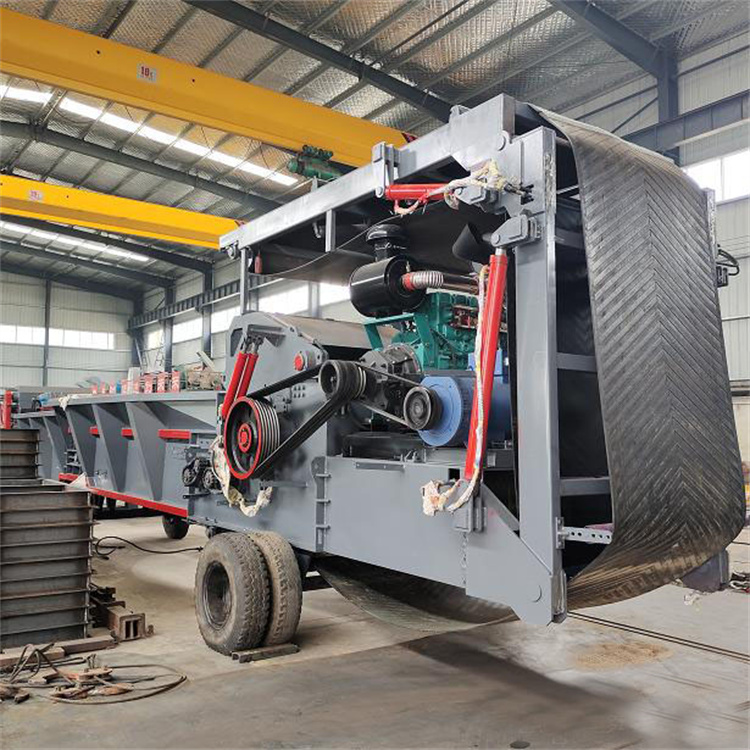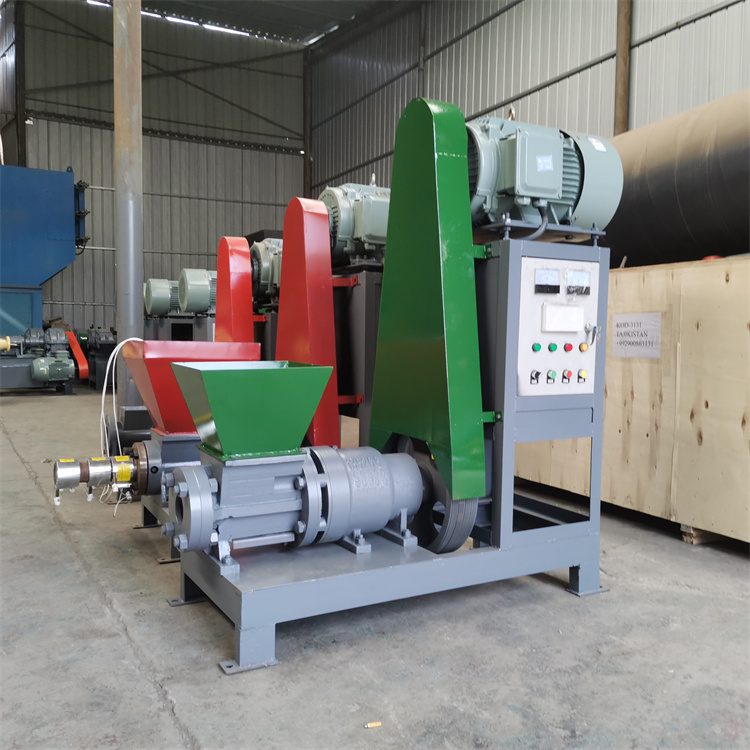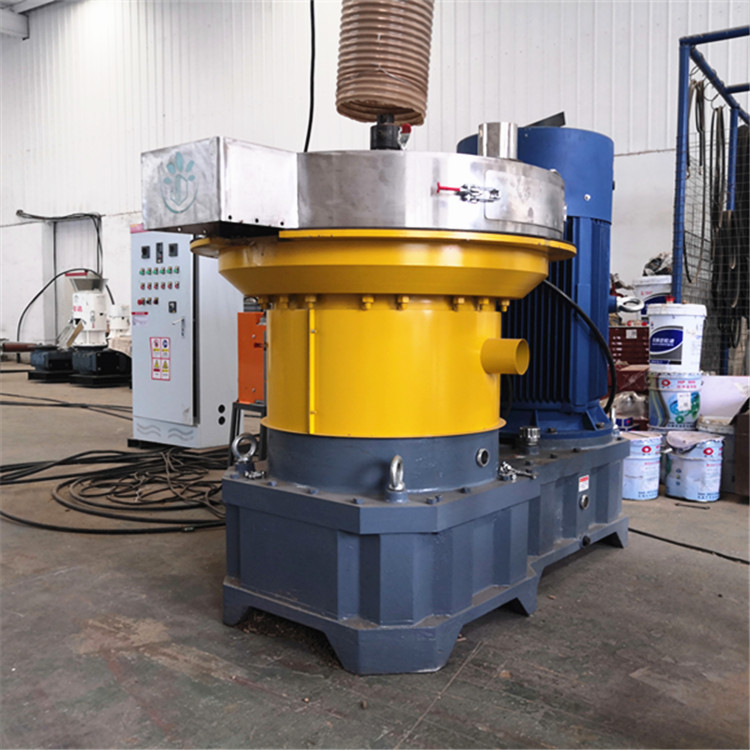For wood processing plants, biomass power plants, and large-scale recycling operations, heavy-duty industrial wood chippers are the core equipment for efficient wood waste processing. These rugged machines can handle large quantities of wood, pallets, and demolition wood, turning waste into a valuable resource. Here’s why industrial operations rely on these powerful machines.
Why choose a heavy-duty wood chipper?
High processing capacity — Industrial wood chippers can process tons of wood per hour and are suitable for sawmills, furniture factories, and municipal recycling centers.
Durability — With hardened steel blades and reinforced body structures, these machines can easily crush hardwood logs, pallets, and construction waste without breaking down.
Reduced transportation costs — By compressing wood waste into wood chips or sawdust on-site, businesses can save thousands of dollars annually in transportation expenses.
Diverse output options — Adjustable settings can produce biomass fuel, landscape mulch, or composite board raw materials, maximizing return on investment.
Key features of industrial-grade wood pulverizers
Powerful motors (30-160 kW) — Electric or diesel power options are available to support continuous operation.
Large feed openings (up to 140 inches) — Handle entire tree trunks and large debris.
Mobility options — Tracked or trailer models are available to meet the flexibility needs of construction sites.
Low-maintenance design — easily accessible components for convenient blade replacement and maintenance.
Primary application scenarios
Biomass power plants — shred wood for pellet production.
Land clearing companies — process fallen trees and stumps.
Recycling facilities — convert demolition wood into saleable products.
Popular models
Comprehensive crusher 1600 (diesel or electric, 60-inch feed opening)
Tree root crusher 3600 (460 horsepower, whole tree pulverizer)
Disc crusher 1800 (mobile, high-output crushing)
Conclusion
A heavy-duty industrial wood crusher is a transformative tool for businesses dealing with large-scale wood waste. By investing in the right equipment, businesses can increase productivity, reduce costs, and support sustainable recycling practices.








